Introduction
ORMB stands for “Oracle Revenue Management and Billing.” It is a software solution provided by Oracle Corporation, a leading technology company, that helps organizations manage their revenue and billing processes. ORMB is designed to handle complex revenue management scenarios, such as subscription billing, usage-based billing, and contract management, across various industries, including telecommunications, utilities, financial services, and more.
ORMB provides organizations with tools and functionalities to streamline their revenue management and billing operations, including revenue recognition, invoicing, payment processing, contract management, and revenue reporting. It helps organizations automate and optimize their revenue management processes, improve accuracy, reduce revenue leakage, and enhance customer satisfaction.
ORMB is part of Oracle’s suite of ERP (Enterprise Resource Planning) applications and is typically integrated with other Oracle products, such as Oracle Financials and Oracle Customer Experience (CX) Cloud, to provide end-to-end revenue management and billing capabilities. It is widely used by organizations of various sizes, including large enterprises, to effectively manage their revenue and billing processes and ensure compliance with revenue recognition standards and regulations.
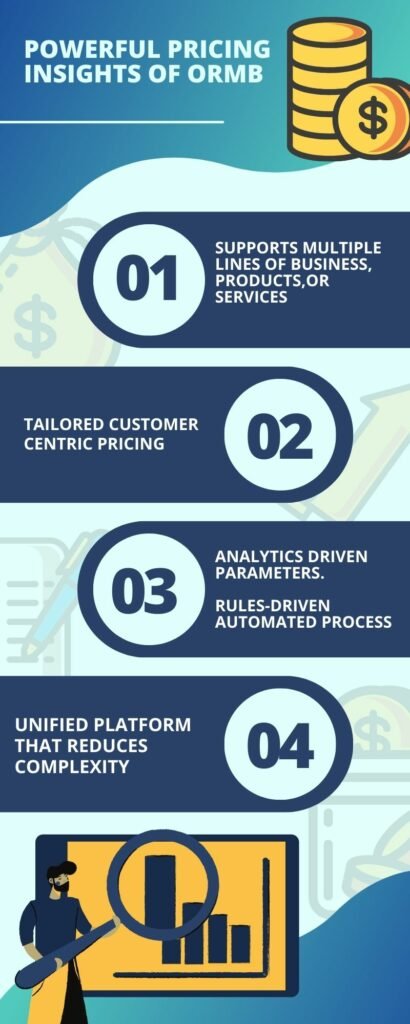
Features and Functionalities of ORMB
ORMB offers a wide range of features and functionalities to streamline revenue management and billing operations, including:
- Revenue Recognition: ORMB automates revenue recognition processes, ensuring compliance with revenue recognition standards and regulations, such as ASC 606 and IFRS 15. It supports various revenue recognition methods, including percentage of completion, completed contract, and more. ORMB captures and tracks revenue recognition events, automates revenue allocation, and provides comprehensive revenue recognition reporting.
- Invoicing: ORMB generates accurate and timely invoices for customers based on billing rules, pricing agreements, and usage data. It supports various billing methods, such as one-time charges, recurring charges, usage-based charges, and more. ORMB allows for flexible invoice formatting and customization, supports multiple currencies and languages, and provides invoice consolidation and splitting capabilities. It also handles complex pricing scenarios, such as tiered pricing, volume-based pricing, and discounts.
- Payment Processing: ORMB manages payments from customers, supports multiple payment methods, and integrates with payment gateways for secure and efficient payment processing. It automates payment application and reconciliation, supports partial payments, and handles payment disputes and adjustments. ORMB also provides tools for managing payment plans, collections, and dunning processes to optimize cash flow and improve collections management.
- Contract Management: ORMB provides comprehensive contract management capabilities, including contract creation, tracking, and renewal. It supports complex contracts with multiple pricing agreements, discounts, promotions, and terms. ORMB automates contract approval workflows, tracks contract changes, and provides contract versioning and history. It also supports contract amendment, termination, and renewal processes, ensuring accurate and compliant contract management.
- Revenue Reporting: ORMB offers robust reporting and analytics tools to generate insights into revenue performance, customer billing, and financial metrics. It provides real-time dashboards, reports, and analytics for data-driven decision-making. ORMB supports standard and custom reports, provides drill-down capabilities, and offers advanced analytics, such as trend analysis, forecasting, and revenue variance analysis. It also supports data integration with external reporting tools and systems.
- Billing Rules and Configuration: ORMB allows organizations to configure complex billing rules based on their business requirements. It provides a flexible and configurable billing engine that supports complex billing scenarios, such as multi-tiered pricing, usage-based pricing, promotional pricing, and more. ORMB also supports discounting, proration, rounding, and taxation rules. Organizations can define and manage their billing rules and configurations through a user-friendly interface, allowing for flexibility and adaptability to changing business needs.
- Integration and Extensibility: ORMB is designed to integrate with other Oracle and third-party applications, providing seamless data flow and process automation. It supports standard integration methods, such as APIs, web services, and file-based integration. ORMB also provides extensibility options, allowing organizations to customize and extend the solution to meet their specific business requirements. This includes customization of user interfaces, workflows, data models, and business rules.
- Compliance and Security: ORMB is designed to comply with industry regulations and standards, such as ASC 606, IFRS 15, and GDPR. It provides robust security features, such as role-based access control, data encryption, and audit trails, to ensure data confidentiality, integrity, and availability. ORMB also provides tools for managing revenue audits, compliance reporting, and revenue policy enforcement, helping organizations maintain compliance with revenue recognition regulations and internal policies.
Why ORMB?
With ORMB, financial companies can implement a pricing and revenue management approach centered on customers’ purchasing behavior. This behavior may manifest as a click-buy-buy pattern (repeated purchases) or a click-buy-bye pattern (one-time purchase).
The significance of pricing in the insurance or financial industry is steadily increasing.
The current business landscape is characterized by complexity, competition, and a customer-centric approach. Customers are at the forefront of attention. To remain profitable and competitive, insurers need dynamic pricing strategies that go beyond the traditional cost-plus profit concept.
ORMB provides users with the ability to define prices for premiums, fees, credits, discounts, and taxes. These prices can be configured to vary based on different attributes, such as transaction attributes (e.g., health coverage class for claim-based fees for a self-funded customer) or member characteristics (e.g., smoker or non-smoker status for premium calculation). ORMB also supports custom derivation of pricing attributes through algorithms, allowing for flexibility in meeting specific pricing requirements.
ORMB in Cloud Computing
Cloud computing is a prominent trend in organizations today, as companies across industries are embracing the benefits of the cloud. Many businesses find that their current business models lack the flexibility needed for growth and competition in the digital era. The increasing costs and complexities of data center storage, along with the demand for new skills and analysis from IT professionals, are driving the adoption of modern cloud solutions. Cloud computing enables companies to swiftly adapt to complex and rapidly changing business environments, allowing them to thrive in the digital age.
- Streamlined and integrated operational capabilities.
- Utilization of intelligent insights for business processes.
- Built-in networking features facilitating seamless communication between parties.
- Innovation through cloud-based data services, offering creative solutions for business challenges.
- ORMB in cloud services instills trust in organizations by addressing IT professionals’ challenges.
Takeaway
In conclusion, ORMB (Oracle Revenue Management and Billing) is a comprehensive software solution offered by Oracle Corporation that helps organizations automate and optimize their revenue management and billing processes. It offers a wide range of features and functionalities, provides benefits such as improved revenue management, streamlined billing operations, enhanced financial visibility, and can be integrated with other Oracle products for end-to-end revenue management capabilities.
The key takeaway is that achieving the right price for the right person at the right time is crucial in unlocking untapped revenue potential in every transaction.

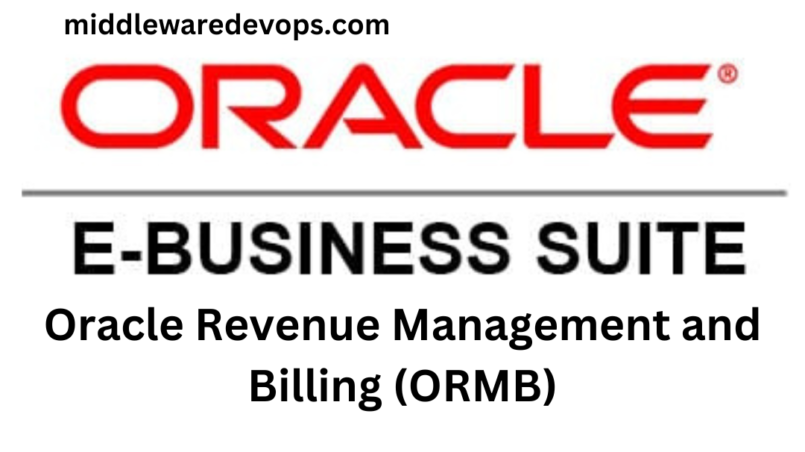
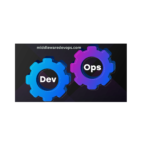
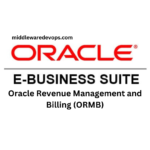
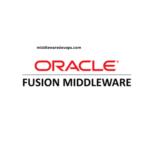


The Article is good and explains ORMB at its core but can you please add/explan its tech functionality with other financial tier products like Finance Accounting Hub?